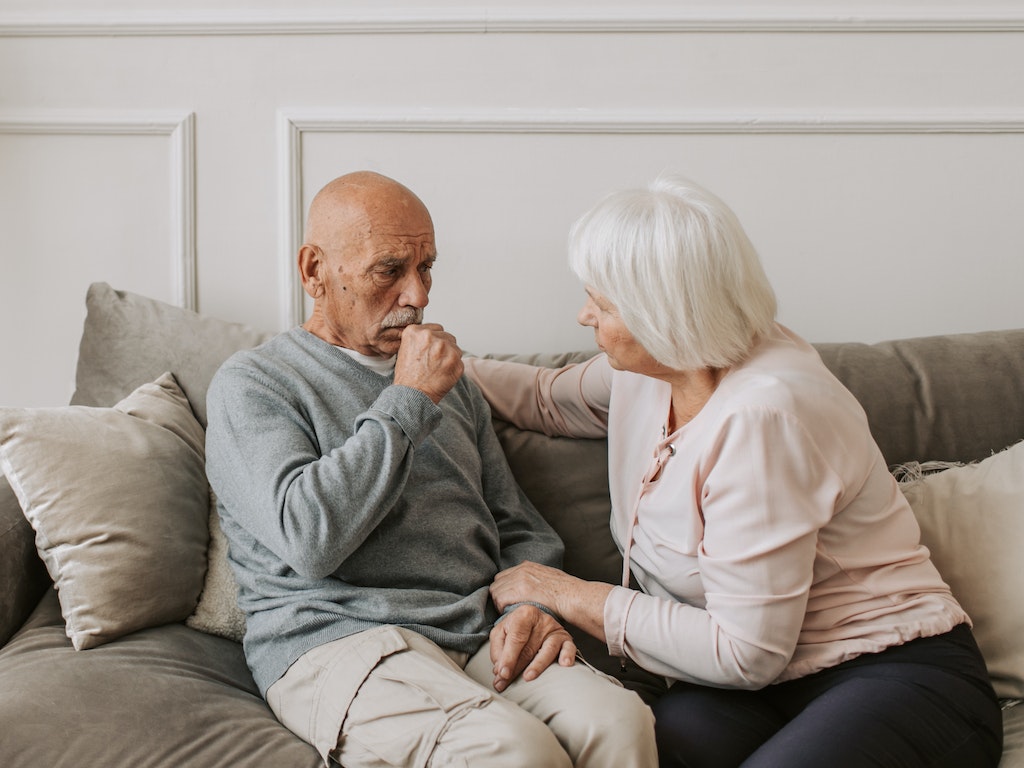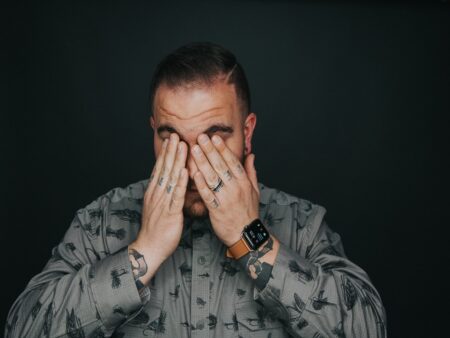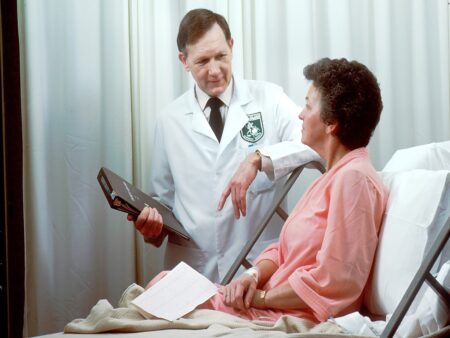Lung cancer is a severe type of cancer that begins in the lungs. It’s one of the deadliest forms of the disease, causing more deaths than any other type of cancer. Smoking is a huge risk factor for lung cancer, but it can also occur in those who’ve never smoked in their life. The risk of cancer increases dramatically with the number of years and number of cigarettes a person has smoked.
If someone stops smoking, even after having smoked for many years, their chances of developing lung cancer will be reduced. A range of factors can influence the risk of lung cancer. Some risk factors, such as family history, can’t be controlled, while others can. Read on to understand the other risk factors that cause cancer.
Smoking
The risk of cancer increases with the number of cigarettes smoked each day and the years spent smoking. Quitting at any time can lower the risk of developing lung cancer.
Exposure to Secondhand Smoke
Even if a person doesn’t smoke, their risk of lung cancer increases if they’re exposed to secondhand smoke.
Previous Radiation Therapy
Those who’ve undergone radiation therapy to the chest for other types of cancer are at an increased risk of a lung cancer diagnosis in the future.
Exposure to Asbestos and Similar Carcinogens
Workplace exposure to asbestos and other substances, such as arsenic, benzene, chromium, beryllium, nickel, etc., can increase the risk of developing lung cancer, especially for smokers.
Family History of Lung Cancer
People whose parents, siblings, or children have cancer are at an increased risk.
Exposure to Radon Gas
Radon is formed by the breakdown of uranium in water, rock, and soil, which eventually becomes a part of the air one breathes. Unsafe levels of this element can accumulate in buildings, including homes, over time.
Symptoms
Lung cancer doesn’t typically cause signs or symptoms in its earliest stages. But, they may manifest when the illness is at an advanced stage.
Signs and symptoms of lung cancer include:
-A cough that doesn’t go away
-Coughing up blood
-Shortness of breath
-Losing weight without trying
-Chest pain
-Bone pain
-Headache
-Hoarseness
When to See a Doctor
One should make an appointment with a doctor if they have any persistent signs or symptoms of lung cancer. If they smoke and cannot quit, they should see a doctor as soon as possible. A doctor can help by recommending strategies to quit smoking, such as counseling, medications, or nicotine replacement products.








